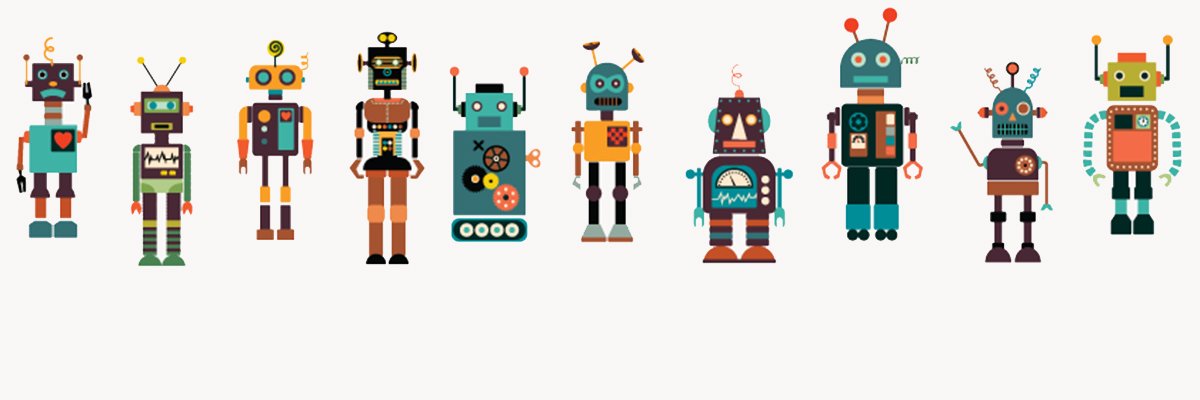Tech News
A jobseeker’s guide to using AI and what it means for employers

Artificial intelligence (AI) is a powerful tool to help jobseekers find roles and make their applications, with an increasing number of people utilizing it for this purpose. Surveys suggest that up to 50% of applicants are using AI in their job search process. While AI can provide valuable support, it can also lead to issues if individuals use it to misrepresent themselves and their skills. So, how can jobseekers make the most of AI, and what are the dos and don’ts they should keep in mind?
On the other hand, the widespread adoption of AI poses new challenges for employers. It has significantly increased the volume of job applications received, with some sectors experiencing a surge in applications per vacancy. The use of AI is cited as a key factor driving this trend. Additionally, there is a concern about the authenticity of applications and whether candidates are accurately represented in their submissions. In this article, we will explore some advice for employers to navigate these challenges.
How jobseekers can use generative AI
There are various AI tools available to assist jobseekers in their quest for the perfect job. Some popular tools include ChatGPT, Microsoft Copilot, Gemini, and Bard, along with other specialized tools designed for job searches and application support.
Tailored applications
Understanding descriptions: AI tools can quickly summarize complex job descriptions, helping candidates grasp core responsibilities and requirements to tailor their applications effectively.
Highlighting relevant experience: By extracting key information from job descriptions, candidates can emphasize relevant skills and experience in their CVs and cover letters.
CV improvement and optimization
AI-driven CV refinement: Jobseekers can use generative AI to enhance their CVs, receive suggestions for improvements, optimize formatting, and ensure critical details stand out.
Keyword optimization: AI can identify relevant keywords for specific roles, increasing a CV’s chances of passing automated screening tools.
Interview preparation
Mock interview simulators: AI-powered simulators can help candidates prepare for interviews by posing common questions and providing feedback to enhance performance and confidence.
Job matching
AI-powered job search: Many tools can match candidates with suitable roles based on their skills and experience, streamlining the job search process and helping candidates identify the best-suited roles.
The benefits that AI can bring
Using AI tools offers several benefits to jobseekers, including:
Efficiency: AI accelerates tasks like summarizing job descriptions, refining CVs, and interview preparation.
Productivity boost: AI acts as a helpful tool for managing and preparing for multiple job applications.
Improved quality: AI assists candidates in effectively communicating their strengths and presenting themselves, increasing their chances of being shortlisted or interviewed.
Advanced options: While many AI tools are free, paid versions offer enhanced functionality and the ability to personalize content to reflect an individual’s style and tone.
Do’s and Don’ts for candidates
Despite the benefits, the use of AI in job applications presents challenges. AI tools can homogenize applications and information presentation, potentially diminishing individuality. Here are some dos and don’ts for jobseekers:
Do…
- Use your own words and language to maintain authenticity and showcase your unique qualities and experience.
- Avoid generic phrasing to stand out amidst a sea of similar applications.
- Answer interview questions independently before refining them with AI assistance.
- Use AI as a support tool to expedite the process, but do not rely solely on it.
Don’t…
- Avoid lying or exaggerating to misrepresent yourself, as dishonesty will likely be uncovered later in the process.
- Avoid sending off numerous untargeted applications, as it wastes time for both you and the employer.
- Adapt AI-generated content to suit your market and avoid using Americanisms if not appropriate.
- Do not pass off AI-generated content as your own, as it can erode trust with employers and recruitment agencies.
What does this mean for employers and recruiters?
The use of AI by candidates is a growing trend that employers must navigate. While candidate initiative in using AI is generally positive, it presents challenges for employers to address.
AI has led to a surge in applications, creating a workload issue for employers to sift through a higher volume of applications, cover letters, and CVs.
Furthermore, AI makes it challenging for employers to assess a candidate’s true capabilities, as applicants may leverage AI to enhance their application materials and responses.
Employers can manage this situation by:
Reviewing assessment techniques: Introduce open-ended questions that are harder for AI to answer authentically and utilize real-world scenarios that require human experience.
Upskilling teams: Provide training for recruitment teams and hiring managers to understand AI’s impact and enhance interview techniques.
Considering recruitment agencies: Experienced recruiters can assist in screening applications, assessing candidates, and alleviating the burden on in-house teams.
Large-scale recruitment activities face the biggest challenges with AI, but all employers should be aware of the implications. Despite the challenges, AI offers benefits to employers, such as facilitating candidate information packs, automating test scoring, and promoting diversity and inclusion.
Making AI beneficial to all
AI has the potential to benefit both jobseekers and employers when used effectively. As AI tools become more accessible and sophisticated, it is essential for individuals and employers to understand the evolving landscape and adhere to best practices to maximize benefits and mitigate risks.
Emma Gardiner is regional director for UK North at Harvey Nash
-

 Destination8 months ago
Destination8 months agoSingapore Airlines CEO set to join board of Air India, BA News, BA
-

 Breaking News10 months ago
Breaking News10 months agoCroatia to reintroduce compulsory military draft as regional tensions soar
-

 Tech News12 months ago
Tech News12 months agoBangladeshi police agents accused of selling citizens’ personal information on Telegram
-

 Gadgets3 months ago
Gadgets3 months agoSupernatural Season 16 Revival News, Cast, Plot and Release Date
-

 Productivity11 months ago
Productivity11 months agoHow Your Contact Center Can Become A Customer Engagement Center
-

 Gadgets3 weeks ago
Gadgets3 weeks agoFallout Season 2 Potential Release Date, Cast, Plot and News
-

 Breaking News10 months ago
Breaking News10 months agoBangladesh crisis: Refaat Ahmed sworn in as Bangladesh’s new chief justice
-

 Toys12 months ago
Toys12 months ago15 of the Best Trike & Tricycles Mums Recommend























